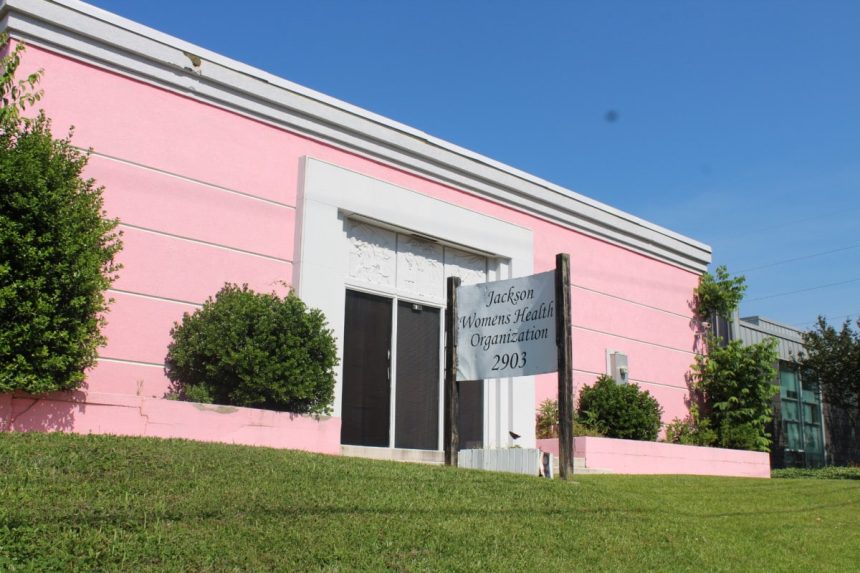The Mississippi Justice Institute (MJI) recently filed a lawsuit to end an elective abortion policy that’s been made possible by a gray era in legal jurisprudence between the U.S. Constitution and the Mississippi Constitution.
MJI Director Aaron Rice explains that the lawsuit was filed on behalf of the American Association of Pro-Life Obstetricians and Gynecologists to protect pro-life healthcare workers from facing legal repercussions for refusing to perform court-imposed abortions.

While the U.S. Supreme Court (SCOTUS) ruled in favor of the Dobbs v. Jackson Women’s Health Organization case, subsequently overturning Roe v. Wade, the Mississippi Supreme Court still holds an opinion in Pro-Choice Mississippi v. Fordice that protects the right to an abortion in the state. This has created a peculiar situation where abortion is both legal and illegal at the same time.
“We have this weird situation in Mississippi where abortion is technically illegal and a constitutional right at the same time,” Rice said on Tuesday’s episode of The Gallo Show. “In the Dobbs case, the U.S. Supreme Court held that the United States Constitution does not protect the right to an abortion, but we have an opinion from the Mississippi Supreme Court still on the books here in Mississippi, called the Fordice opinion, from 1998 and it holds that abortion is a constitutional right protected by the Mississippi Constitution. That opinion has not been overruled as of now.”
To resolve the ambiguity, MJI’s suit seeks to convince the Mississippi Supreme Court to overturn its 1998 ruling and mimic SCOTUS’ ruling in the Dobbs case. Rice is confident that this will ultimately come to fruition due to the Mississippi Supreme Court’s tendency to piggy back off of federal rulings regarding abortion.
“Our case is seeking to do exactly what was done in Dobbs, but do it here at the state level. End that judicial activism. Get the courts out of abortion policy and allow the people of Mississippi, through their elected representatives, to set abortion policy in the state of Mississippi,” Rice said. “The Mississippi Supreme Court, when it’s interpreting the state constitution, can do that however it sees fit, but in the Fordice case, the Mississippi Supreme Court relied almost exclusively on federal cases. Now that those have been overruled and called ‘egregiously wrong’ by the U.S. Supreme Court, we think it’s time for the Mississippi Supreme Court to recognize that it made an error.”
As of now, there is no set timetable for this case to be heard in court.
Watch the full interview with Rice below.







